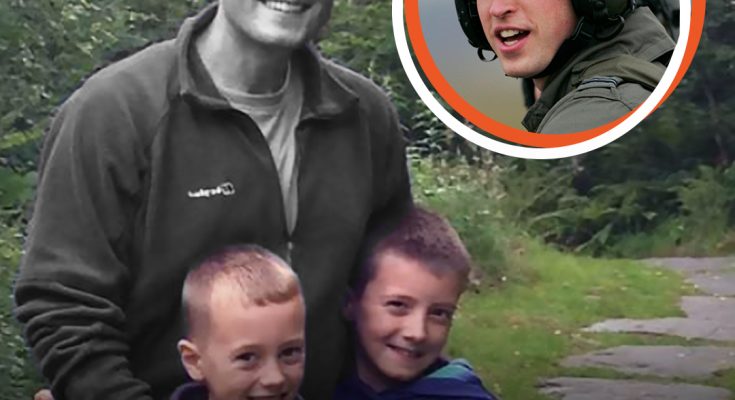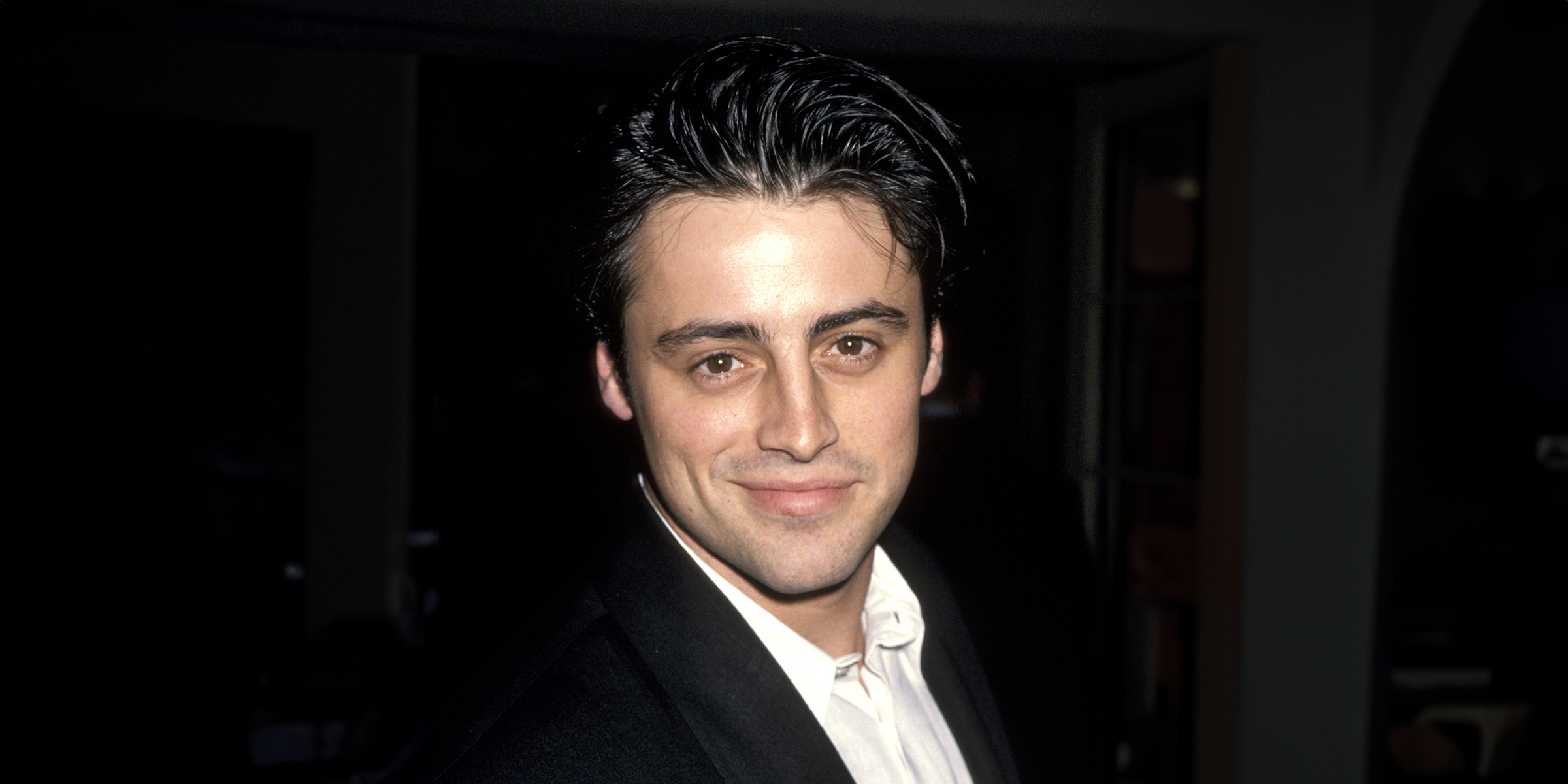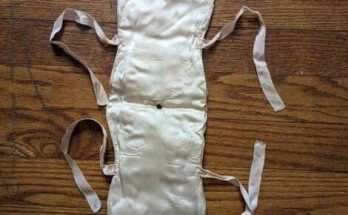The ex-flight sergeant served in the British Royal Air Force (RAF) for more than a decade.
Zach Stubbings, Prince William’s former flying instructor, tragically passed away after a battle with cancer. He had spent nine years flying military helicopters, notably the Sea King, during which he was exposed to toxic exhaust fumes.
The father of three, who was aged 47, has left behind his wife, Anna-Louise Bates. His sister, Becci Louise Stubbings, wrote a touching tribute to her beloved brother.
Her post on Facebook, read, “Today we said goodbye to my brother Zach he was loved by so many, and I’m so grateful to all that came to show their support for him, it was awe inspiring. Much loved brother, father to his boys, and son to my parents, you will be missed xx.”
Stubbings was diagnosed with blood cancer in 2012, a condition that ultimately led to his medical discharge from the RAF in 2015. “It was a huge knock,” he admitted. At the time of his diagnosis, he had no symptoms, which made it all the more shocking.
Initially, doctors suspected an allergy to his new work suits, but further blood screening revealed the cancer. Despite being told it was a type of cancer that never goes into remission, he managed it with regular blood tests.
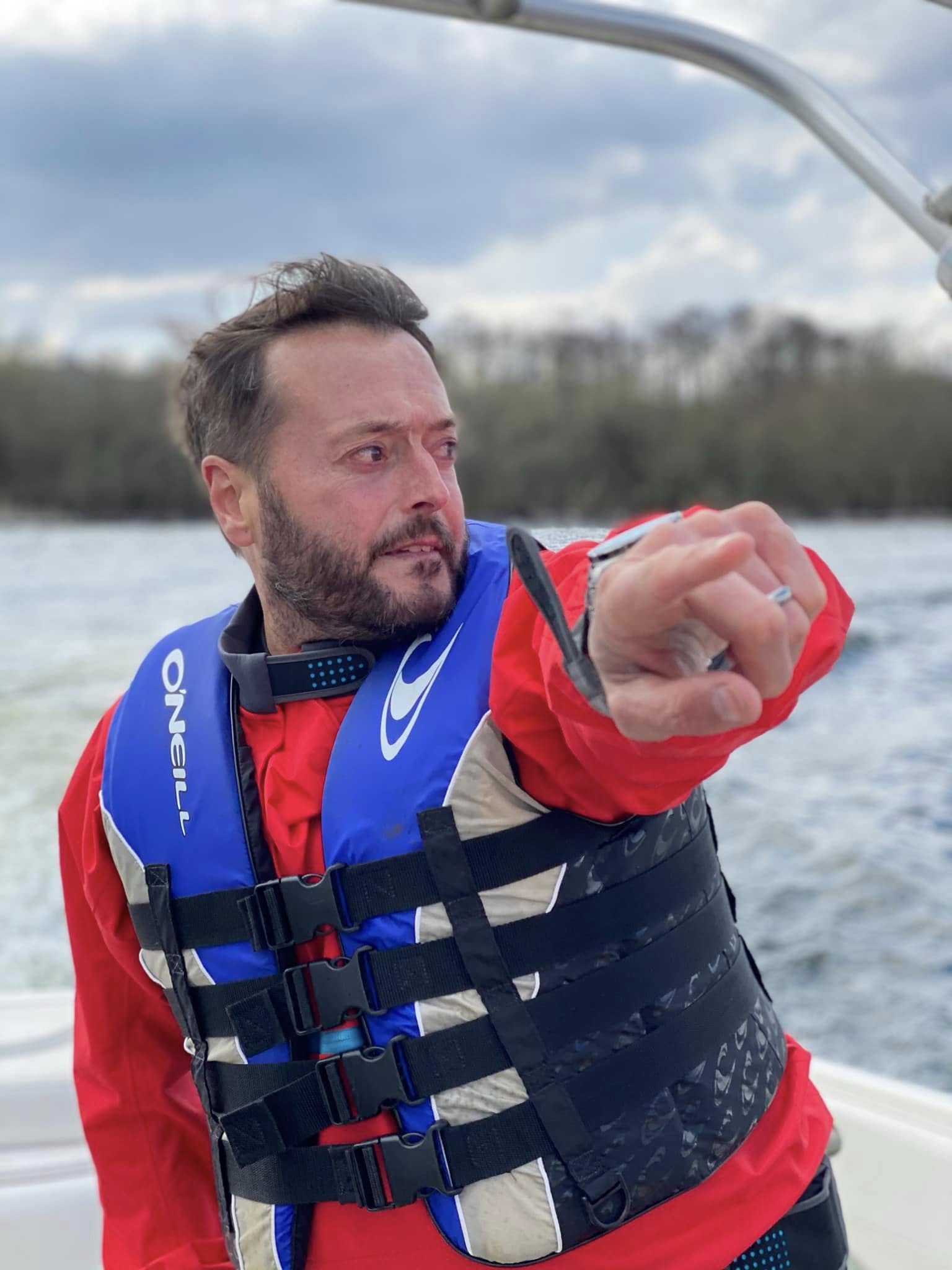
Zach Stubbings, from a post dated July 6, 2024 | Source: Facebook/anna.bates.376
Stubbings who had managed to keep his cancer inactive for eight years following intense chemotherapy and a stem cell transplant, described the exposure to Sea King helicopter exhaust fumes as unavoidable.
The fumes, which stained seats and parts of the aircraft, circulated throughout the cabin, affecting both pilots and crew. The former RAF flight sergeant noted that many, including a local Navy pilot, had been diagnosed with cancer after prolonged exposure.
Despite the health risks, Stubbings fondly remembered his time working with Prince William who joined 22 Squadron in 2010. Stubbing was William’s instructor.
Williams then spent three years flying the search-and-rescue helicopters when he was based at RAF Valley, Anglesey, between 2010 to 2013. “So, yes, Will was at risk along with everyone else,” Stubbing said.
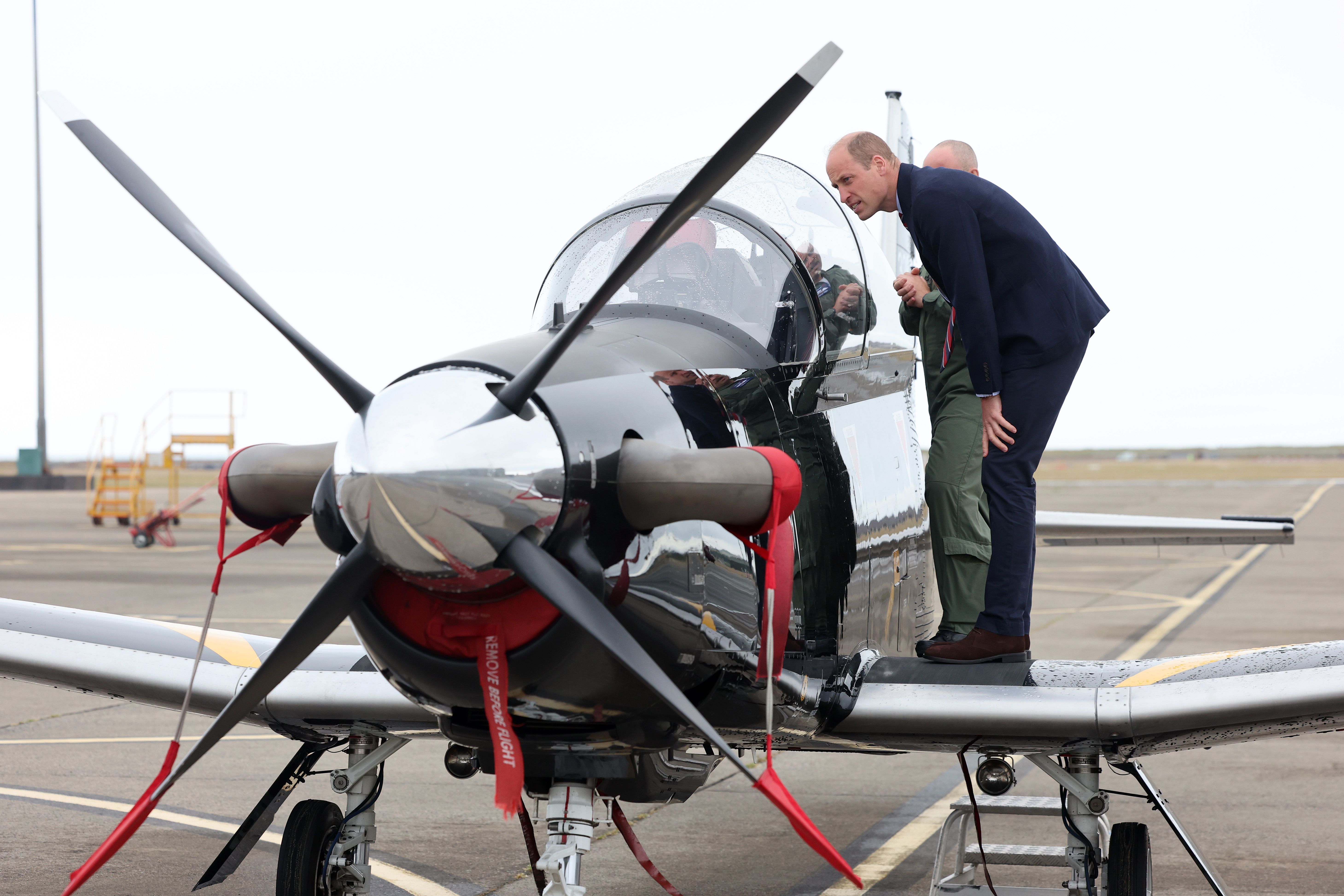
Prince William, Prince of Wales gets an introduction to a RAF Short Tucano trainer aircraft during an official visit at RAF Valley in Holyhead, United Kingdom, on July 9, 2024 | Source: Getty Images
Outside of work, Stubbing remembered how he and his team created special commemorative mugs for William’s wedding, which had a lasting impact on their bond.
“Each of us had our names on them. We had one made for Will too. Somehow it got broken. I can’t remember how. He was gutted,” he narrated. He also cherished the support he received from his colleagues, particularly from William.
After learning of his diagnosis, Stubbings shared a memorable moment with William in the operations room. Although he couldn’t recall the specifics of the conversation due to the shock, Stubbings remembered William being incredibly kind and sympathetic.
Their chat, one of the last he had before leaving for treatment left a lasting impression on him. This diagnosis also significantly altered his life, forcing him to shift to lighter duties and give up his career plans. Stubbings, who had an exemplary service record and was on track for promotion to Master Aircrew, was grateful for the emotional support that helped him through such a difficult time.
Sadly, he has succumbed to the illness. Richard Sutton, a former navy commander who had worked alongside Stubbings during their time with the coastguard on search and rescue missions in 2015, shared that he passed away in January after being admitted to a hospice just weeks prior.
Sutton described his death as a “shock,” recalling Stubbings as a warm and friendly guy who was always full of positivity. He added that Stubbings was known for his catchphrase, “happy days,” which he uttered with a smile. Sutton emphasized that the former RAF flight sergeant was also a deeply devoted family man.
The two were in a WhatsApp group with six other former military aircrews, all of whom were diagnosed with cancer. Now, six of the eight former members have died in the past 20 months and only two are still alive. Sutton’s first cancer diagnosis was in 2011 and since then he has battled nine tumors.
As one of the two still alive, Sutton notes, “It really brings home the reality of the seriousness of the situation. In a way I feel lucky I am still here. This is not an issue that’s gone away.”
In 2024, Stubbings bravely opened up about his exposure to harmful fumes while flying military helicopters and his battle with cancer. Despite his health struggles, he remained positive, focusing on making the most of each day he had left.
When he was asked how he was coping with battling a terminal illness, he shared, “You do what you can,” and added, “It does affect you but you make the most you can out of it. You can sit there and cry about it, but that’s the hand you’ve been dealt. I could have had my legs blown off.”
A grateful Stubbings also said, “My life expectancy was ten years, I was told, and for me I have outlived my life expectancy.” In his final year, Stubbings cherished moments with his son, who was just a toddler when he received his terminal diagnosis.
During half-term, he took time away to spend a few days alone with him, creating lasting memories despite the challenges he faced.
The former RAF flight sergeant had spent 15 years serving in the RAF between 2000 to 2015. Stubbings was among five individuals who received compensation from the Ministry of Defence (MoD) after being diagnosed with cancer.
Sadly, it took six years for the ministry to acknowledge that toxic fumes were responsible for his illness. In the later years of his career, following his diagnosis, he benefited from a strong support system provided by the ministry. However, the settlement he received was relatively small.
Meanwhile, numerous cancer patients and their families are currently pursuing legal action against the Ministry of Defence.
Louisa Donaghy, a senior associate at Hugh James Solicitors, who represents many affected families, described Stubbings’s death as a tragic loss that underscores the severe consequences of long-term exposure to helicopter exhaust fumes.
Donaghy lamented, “Zach’s dedicated service came at a terrible cost, and his battle with multiple myeloma underscores the urgent need for accountability. The MoD must take responsibility and support those affected.”
Clare Macnaughton, whose husband, Kai, died last year from angiosarcoma after years of exposure to helicopter fumes while working for the RAF, described Stubbings as a trailblazer. She credited him with giving other affected service members the confidence to challenge the MoD over their health conditions.
“When I spoke to him, he told me that the reason the military settled out of court it was because they didn’t want him to disclose in the court room the evidence he and his team had unearthed,” revealed Macnaughton.
Macnaughton emphasized how service personnel are conditioned to obey orders and serve their country unconditionally. Hence, it was a deep betrayal to learn that the very organization they dedicated their lives to had knowingly poisoned them. She expressed that the MoD should be ashamed, adding, “they have blood on their hands.”
A spokesperson for the MoD sent their condolences to Stubbings’s loved ones, writing, “Any death is a tragedy and our thoughts are with the family and friends of Zack Stubbings at this difficult time.”
They emphasized the department’s commitment to personnel safety and stated that health protocols are regularly reviewed at the MoD. “We are in the process of testing the exhaust emissions of in-service helicopters, to ensure that we are meeting our duty of care for personnel. It is essential that we can assure our people of their safety at work,” the spokesperson revealed.
Stubbing will be missed by his friends, loved ones, and family. His wife has come face to face with grief again after she lost her first husband and seven-year-old son a decade ago when they were knocked over and killed by a careless driver.
Bates and Stubbings met via Believe, a charity that she set up to campaign and highlight organ donation in the days after her tragic double loss in December 2015. The pair got married at the end of May 2020 in a private ceremony with family and close friends. Their union was later blessed at St Martin’s Church in Roath and a reception was held at a secluded location.
The couple did not ask for presents and instead set up a fundraising page to raise money for Believe and also Help for Heroes, a popular charity that helped Zach since he left the RAF after being diagnosed with blood cancer.
Sutton shared that Stubbings’s wife had shown remarkable strength despite the difficulties of the past few months brought by her husband battling cancer and dying. Losing him was another devastating blow, but she has been coping as well as anyone could in such a situation.
